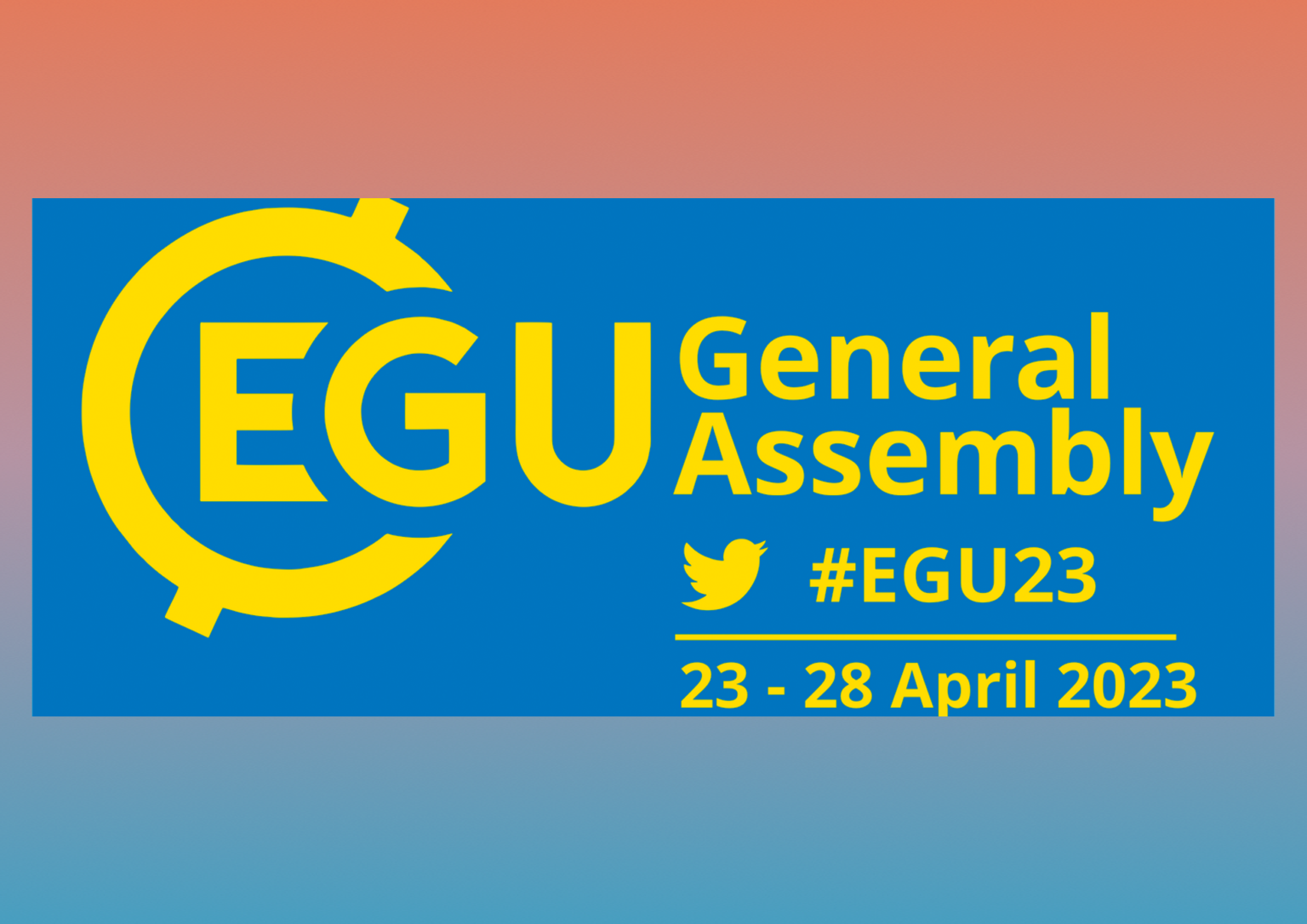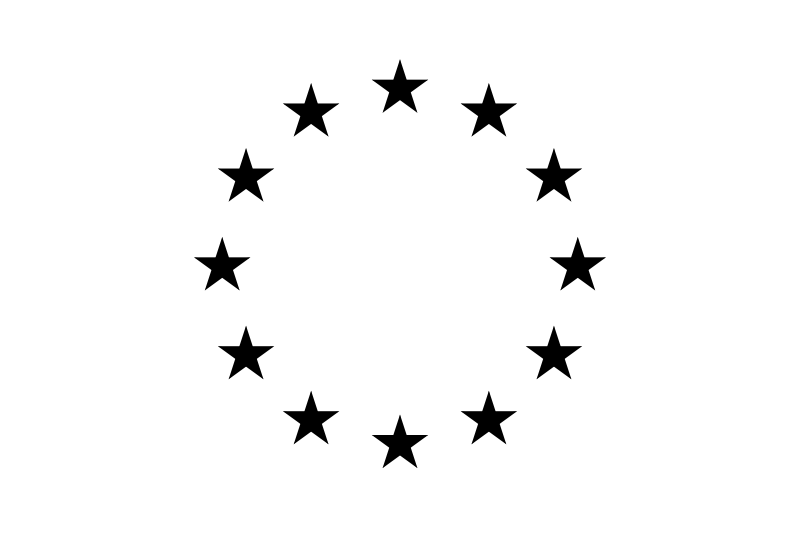Poster Presentation:
At EGU 2023, a significant contribution to the field was made with the presentation of a poster titled “Geodetically and Seismically Informed Rapid 3D Dynamic Rupture Modeling of the Mw7.8 Kahramanmaraş Earthquake.” The work was authored by AA Gabriel, T Ulrich, M Marchandon, and J Biemiller.
Talk: Finn Løvholt (NGI) and Jörn Behrens (UHAM) delivered an insightful presentation at the EGU General Assembly Conference. Their talk, “Tailoring Tsunami Digital-Twins for Future Destination Earth Integration,” explored the adaptation of tsunami digital-twin models for future applications. For those interested, the abstract is accessible here: EGU Conference Link.
Session Convened by Jörn Behrens: “NH5.4 Natural Hazards and Climate Change Impacts in Coastal Areas. Jörn Behrens took the role of convening the session titled “NH5.4 Natural Hazards and Climate Change Impacts in Coastal Areas” at the EGU General Assembly Conference.




